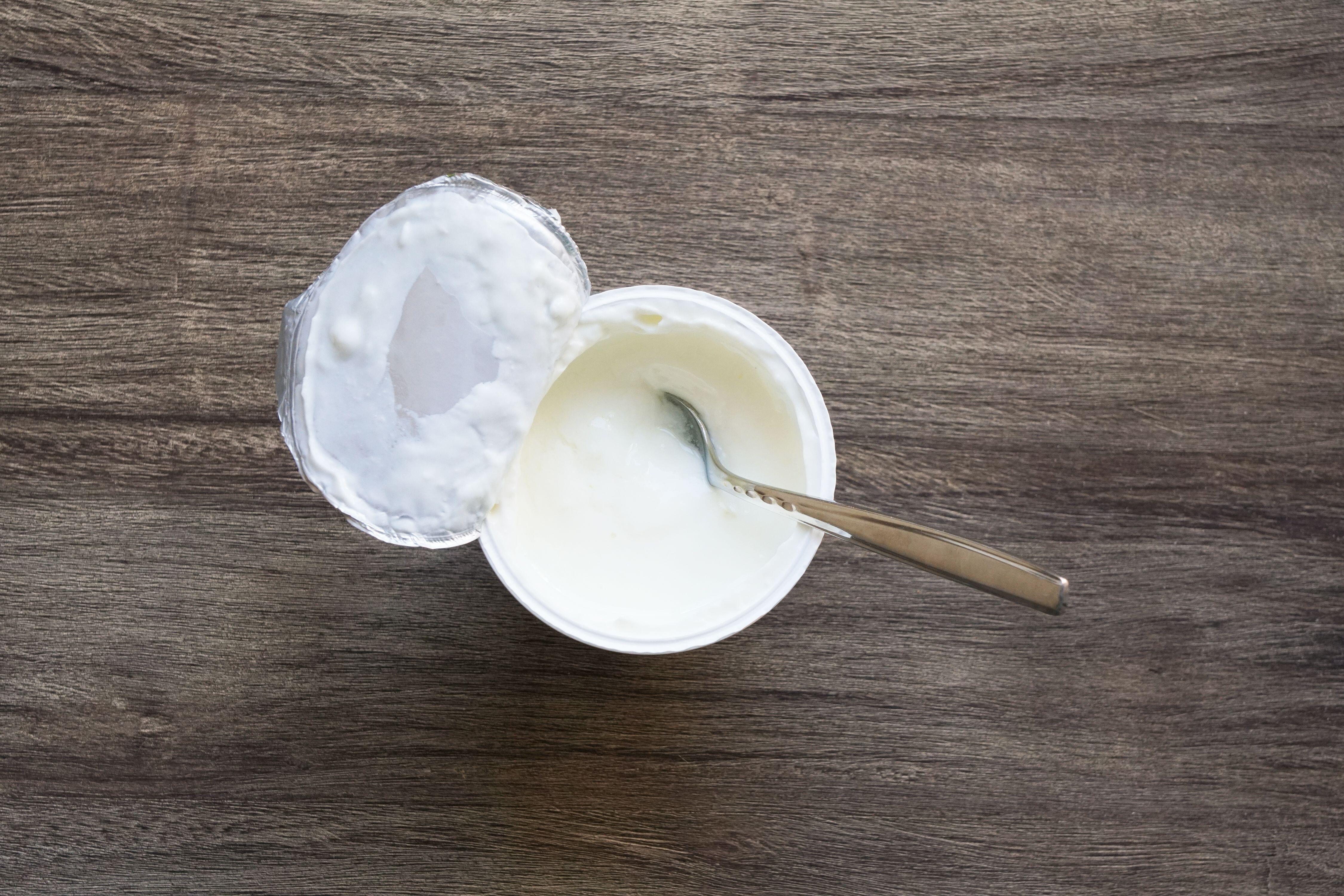Consuming yoghurt regularly may reduce bowel cancer risk by altering the body’s gut bacteria, a new study has found.
The research, published in the journal Gut Microbes, found that incorporating yoghurt into daily diet could strengthen the body’s defences against colorectal cancer by fostering a diverse gut microbiome.
Colorectal cancer has emerged as a major health concern with incidence rates increasingly globally, especially among young people.
Experts suspect poor diet, including more ultra-processed foods, obesity, and a lack of exercise play a role in its increased incidence.
A growing body of research suggests that the body’s delicate ecosystem of bacteria is key to maintaining gut health.
Specifically, studies link the presence of the bacterial species Bifidobacterium to deadly tumours. Almost 30 per cent of patients with colorectal cancer exhibit identifiable Bifidobacterium in their tumour tissues.

In the new study, scientists assessed data collected over several decades for the Nurses’ Health Study and the Health Professionals Follow-up Study. These studies provided detailed dietary information of about 150,000 participants, including their consumption frequencies of yoghurt.
The data enabled researchers to conduct a comprehensive review of the relationship between yoghurt intake and bowel cancer risk. They concluded that there was a “compelling association” between yoghurt intake and lower rates of bowel cancer.
People who consumed two or more servings of yoghurt weekly had a 20 per cent lower incidence of Bifidobacterium-positive proximal colon cancer – a notable type of colorectal cancer with dire implications for patient survival rates.
“Long-term yoghurt intake may be differentially associated with the incidence of proximal colon cancer according to Bifidobacterium abundance, suggesting the antitumor effect of yoghurt intake on the specific tumour subgroup,” the study noted.
The findings suggest that yoghurt is not just a healthy food, but “a potential intervention point” in preventing cancer.
Researchers, however, cautioned against drawing hasty conclusions and called for the findings to be tested in more populations. They called for deeper studies to understand how the presence of specific bacteria might influence cancer development.
“Further studies are warranted to elucidate the potential mechanisms for the effects of long-term yoghurt intake on colorectal carcinogenesis,” researchers wrote in the study.

